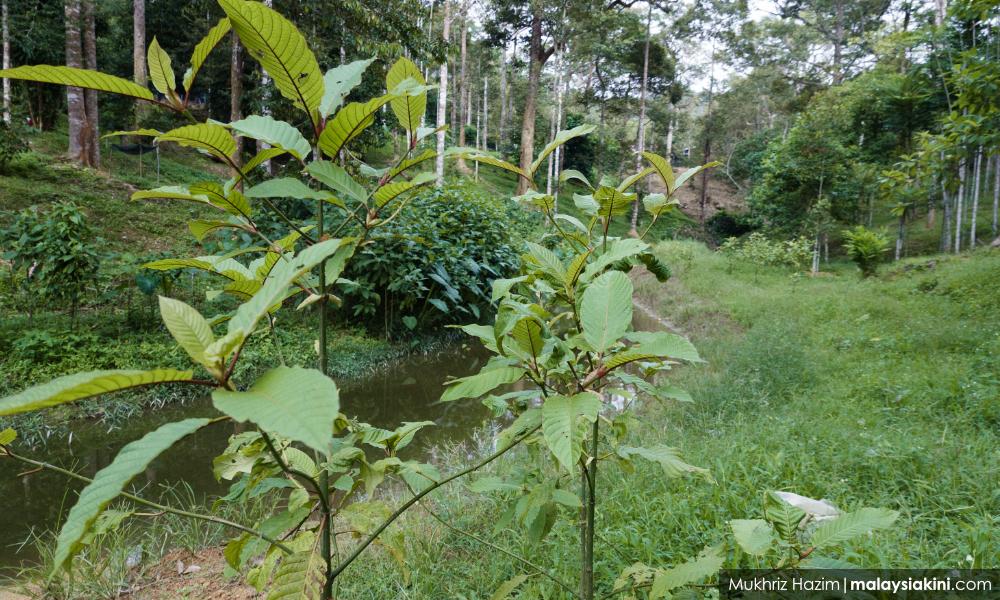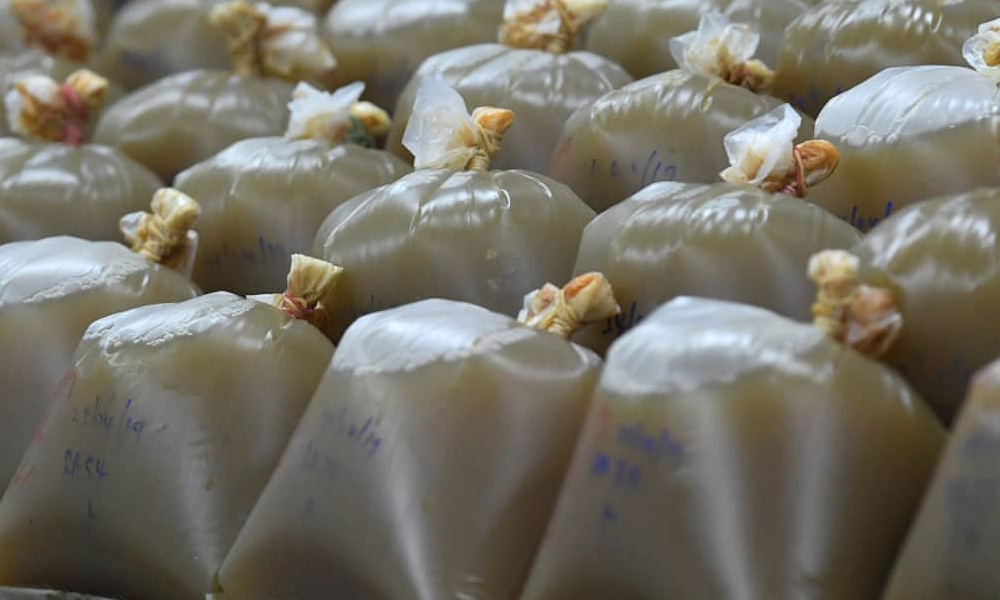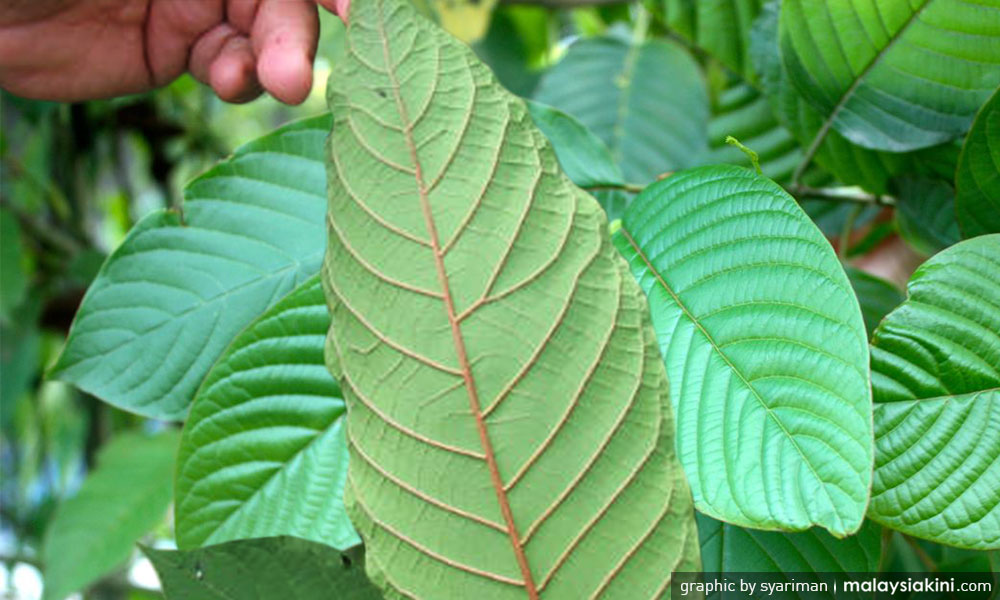The government should intensify studies to determine the risks and benefits of ketum instead of rushing for a total ban, a drug research expert said, following the latest call to ban the cultivation of the plant.
Associate professor Dr Darshan Singh from Universiti Sains Malaysia’s Centre for Drug Research argued that more evidence-based policymaking was needed before considering amendments to existing laws.
“The law (under the Poisons Act 1952) is already sufficient to prevent ketum misuse.
“Even MPs had previously declared that ketum cultivation and use (including misuse) does not cause serious issues and consequences as illicit substances like heroin and methamphetamine,” he told Malaysiakini.
Darshan opined there was no pressing need to strengthen the law, pointing out that the ketum issue has dragged on for more than 15 years and has been repeatedly debated in Parliament.
Instead, he encouraged the focus to shift to researching ketum’s safety and therapeutic values.
This comes after DAP senator Dr A Lingeshwaran urged the government to tighten the Poisons Act by including a ban on the cultivation of ketum.

The senator told the Dewan Negara on Tuesday that ketum posed an urgent threat to public safety, health and the future of the country’s youth.
Lingeshwaran said that while the Poisons Act criminalises its processing, distribution, and use, the law is unclear on its cultivation.
“Without banning its cultivation, our efforts to stem syndicates are hindered, while our society is left burdened with handling its social and health repercussions,” Lingeshwaran added.
However, Darshan pointed out that the World Health Organization (WHO) has not found solid evidence to justify banning ketum.
“Ketum and its main active alkaloid (Mitragynine) were brought to the attention of the WHO Expert Committee on Drug Dependence – which concluded that at present, there is no strong evidence to justify scheduling or banning ketum under international drug control conventions,” he explained.

Not a gateway drug
Commenting on claims that ketum is a gateway to harder drugs, Darshan said there are no studies supporting the argument.
“In reality, the majority of ketum users are those trying to unleash themselves from the vicious cycle of addiction.
“They use ketum to self-treat their substance use problems, not to move on to other drugs.
“Dangerous drugs remain the primary choice for addicts, not ketum,” he stressed.
A total ban, he added, would not solve drug abuse in the country but instead could create new problems for authorities.

Darshan proposed that drug policy reforms be evidence-based in handling substances like ketum, which has much lower risks compared to dangerous, banned drugs.
After all, he said, decades of harsh laws, including the death penalty, have failed to curb drug abuse.
“Ketum should be seen as part of harm reduction policy, similar to methadone and the needle-syringe exchange programme (to curb the spread of HIV).
“It is not the cause of the problem, instead it can be a treatment tool,” he stressed.
Asked about the best approach, Darshan said the government could follow Thailand’s example, which has legalised ketum for medical purposes with certain controls.
Traditional and modern medicine
The researcher pointed out that the plant has long been used in Malaysia and Southeast Asia as a traditional remedy for fever, pain, diarrhoea and as an energy tonic for farmers.

Today, ketum, also known as kratom, is a high-value commodity in the US and Europe due to its medicinal properties. Several states there allow its use with certain controls.
A Malaysiakini check found that online market prices for kratom powder range between US$8 (RM34) and US$20 per ounce (28g), while capsules are sold at US$15 to US$30 for 50 pills.
Several politicians, including Kedah Menteri Besar Sanusi Nor and former health minister Khairy Jamaluddin, previously suggested that ketum, which is indigenous to Malaysia, be exported to meet high pharmaceutical demands.
Users can function normally
Ketum has often been viewed as having the same negative effects as any other illegal substance.
However, Universiti Malaya (UM) Medical Centre psychiatrist Dr Rusdi Abd Rashid said studies have shown that ketum users can function in society and work normally, unlike drug addicts.

He pointed to a 2018 UM door-to-door survey in northern Peninsular Malaysia, which found that 24 percent of respondents aged 18 and above had used ketum in the first three months of the year.
“Two-thirds of them used ketum daily or every other day. They were mostly older rubber tappers with joint pain that prevented them from working daily.
“They only boiled ketum leaves at home and drank them like tea, one glass a day or every other day.
“They did not have addiction problems and were able to work optimally, with better health than those who did not consume ketum,” he said.
READ MORE: Experts contend ketum not harmful
Rusdi added that another one-third of respondents were former heroin and yaba pill users.
“They previously turned to ketum when drugs were not available. However, these individuals did not show psychosis symptoms and were able to maintain steady jobs,” the psychiatrist explained.






